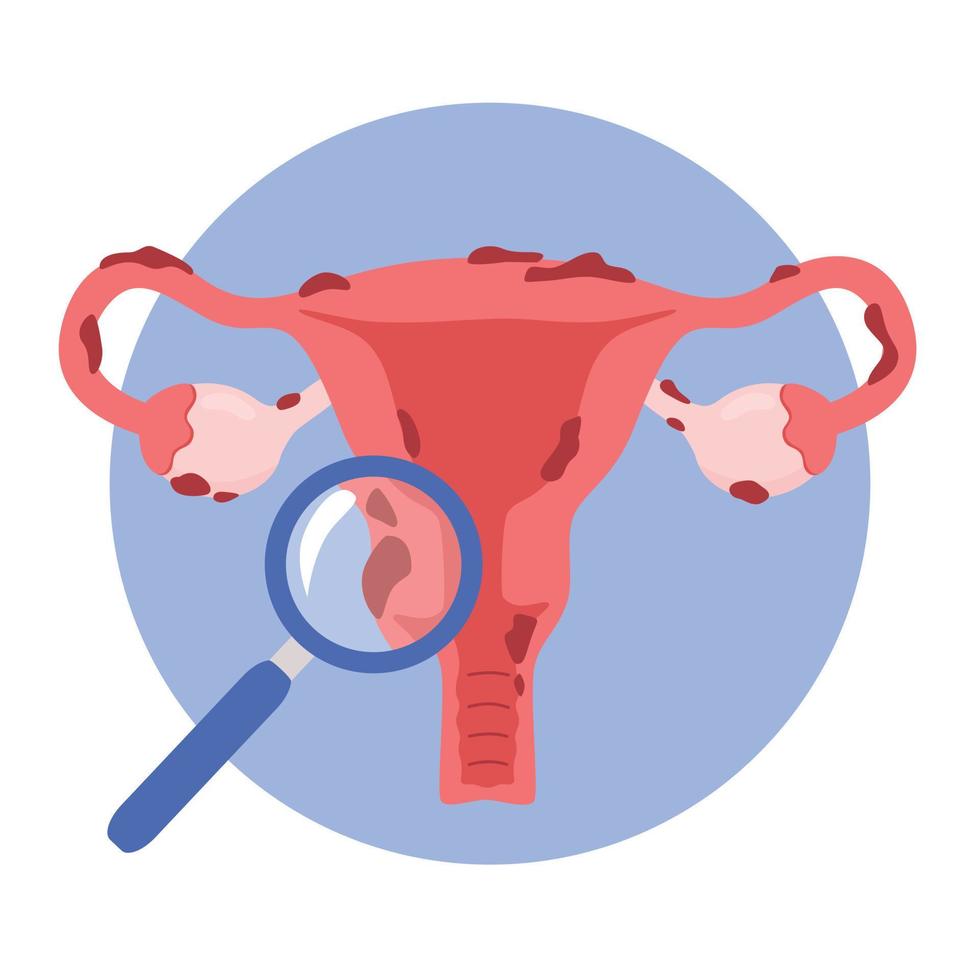

Factors that make a pregnancy high risk include:
1. Preexisting health conditions.
2. Pregnancy-related health conditions.
3. Lifestyle factors (including smoking, drug addiction, alcohol abuse and exposure to certain toxins).
4. Age (being over 35 or under 17 when pregnant).
Pay close attention to your health. Alert your healthcare provider right away if you notice anything abnormal.

Sexually transmitted diseases (STDs), or sexually transmitted infections (STIs), are infections that are passed from one person to another through sexual contact. They are usually spread during vaginal, oral, or anal sex. But sometimes they can spread through other sexual contact involving the penis, vagina, mouth, or anus. This is because some STDs, like herpes and HPV, are spread by skin-to-skin contact.
Some STDs can be passed from a pregnant person to the baby, either during pregnancy or when giving birth. Other ways that STDs may be spread include during breastfeeding, through blood transfusions, or by sharing needles.

Infertility may be caused by a number of different factors, in either the male or female reproductive systems.
In the female reproductive system, infertility may be caused by:
1. Tubal disorders such as blocked fallopian tubes, which are in turn caused by untreated sexually transmitted infections (STIs)
2. Uterine disorders which could be inflammatory in nature (such as such endometriosis)
3. Disorders of the ovaries, such as polycystic ovarian syndrome and other follicular disorders
4. Disorders of the endocrine system causing imbalances of reproductive hormones. The endocrine system includes hypothalamus and the pituitary glands.

Menopause is the time that marks the end of your menstrual cycles. It's diagnosed after you've gone 12 months without a menstrual period. Menopause can happen in your 40s or 50s, but the average age is 51 in the United States.
Menopause is a natural biological process. But the physical symptoms, such as hot flashes, and emotional symptoms of menopause may disrupt your sleep, lower your energy or affect emotional health. There are many effective treatments available, from lifestyle adjustments to hormone therapy.

Endometriosis is a disease in which tissue similar to the lining of the uterus grows outside the uterus. It can cause severe pain in the pelvis and make it harder to get pregnant.
Endometriosis can start at a person’s first menstrual period and last until menopause.
The cause of endometriosis is unknown. There is no known way to prevent endometriosis. There is no cure, but its symptoms can be treated with medicines or, in some cases, surgery.

Uterine fibroids are common growths of the uterus. They often appear during the years you're usually able to get pregnant and give birth. Uterine fibroids are not cancer, and they almost never turn into cancer. They aren't linked with a higher risk of other types of cancer in the uterus either. They're also called leiomyomas (lie-o-my-O-muhs) or myomas.
Fibroids vary in number and size. You can have a single fibroid or more than one. Some of these growths are too small to see with the eyes. Others can grow to the size of a grapefruit or larger. A fibroid that gets very big can distort the inside and the outside of the uterus. In extreme cases, some fibroids grow large enough to fill the pelvis or stomach area. They can make a person look pregnant.
